The worst-case recall scenario would involve 287.5 million airbag inflators, said the person, who asked not to be identified because the company’s deliberations are private. Takata and the automakers still have to determine how the costs are shared, the person said. Takata Corp., the supplier behind the auto industry’s biggest recall ever, estimated a comprehensive callback of its airbag inflators would total about 2.7 trillion yen ($24 billion), according to a person familiar with the matter.
The estimate by Takata exceeds a February calculation by a Jefferies Group LLC analyst by about $7 billion and reinforced concerns about the company’s viability. The worst-case cost figure is almost four times more than the revenue Takata has forecast for the fiscal year ending this month. It also amounts to almost six-times more than the total assets on its balance sheet as of the end of 2015.
“At this juncture, the possibility of negative net worth cannot be completely denied,” Masahiro Akita and Koji Takahashi, analysts at Credit Suisse Group AG, wrote in a report Wednesday. The analysts cut their price target to 500 yen, from 1,450 yen.
In a statement to the Tokyo stock exchange, Takata said it’s still investigating the root cause of its airbag inflator malfunctions and it’s difficult to reasonably calculate costs.
The shares rose 5.8 percent to 438 yen as of the midday break in Tokyo trading, rebounding after hitting the lower daily limit on Wednesday. Takata has fallen 46 percent this year, cutting its market value to about $324 million.
Daicel Corp., the Japanese airbag inflator maker that’s been in talks with Takata to boost supply of the components, rose as much as 3 percent on Wednesday, while Ningbo Joyson Electronic Corp. gained by as much as 6.8 percent in Shanghai trading.
The National Highway Traffic Safety Administration has said Takata air-bag inflators have caused nine fatalities in the U.S. by rupturing and spraying plastic and metal shards at motorists. The regulator is investigating all Takata inflators that use a chemical propellant that’s been banned from future models and is giving the company until as long as the end of 2019 to determine the root cause of the flaw or prove the inflators are safe.
Moisture seeping into Takata’s inflators was determined to be the reason Takata air bags have ruptured by Orbital ATK, a researcher hired by a coalition of automakers that announced its findings last month. Challenges with determining root cause of the rupture issue have held back automakers and the supplier from deciding how the companies will divvy costs.
Expenses stemming from Takata air-bag recalls have totaled about 607.8 billion yen, Takaki Nakanishi, an analyst with Jefferies, wrote in his Feb. 24 report. He estimated future expenses assuming an average cost of about 9,000 yen per unit.
“It is not difficult to imagine how hard it will be for Takata to rebuild its financial standing if the expenses are apportioned,” Nakanishi wrote. “The Japanese automotive industry cannot avoid seriously adopting an exit strategy from the Takata issue.”
Before it’s here, it’s on the Bloomberg Terminal. LEARN MORE
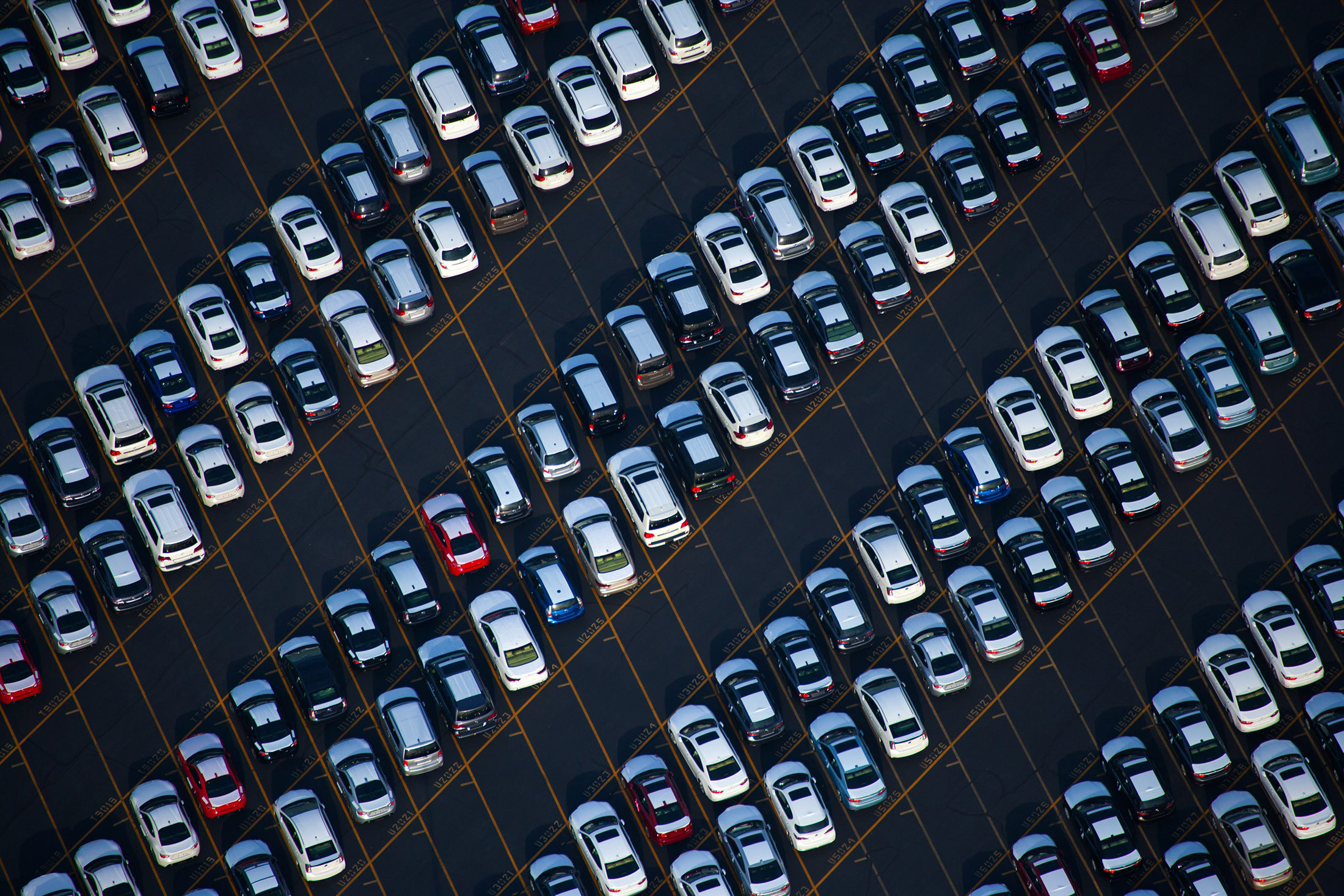

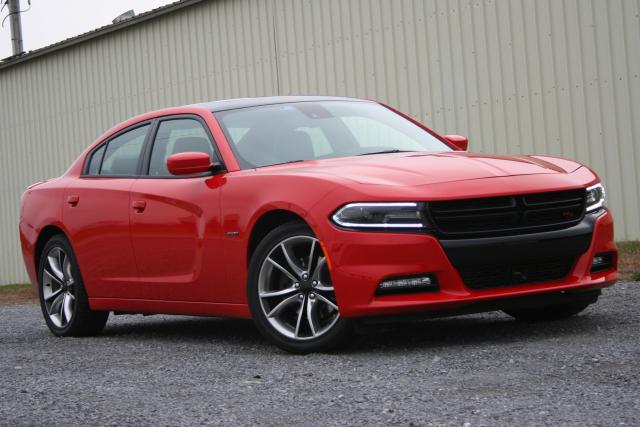
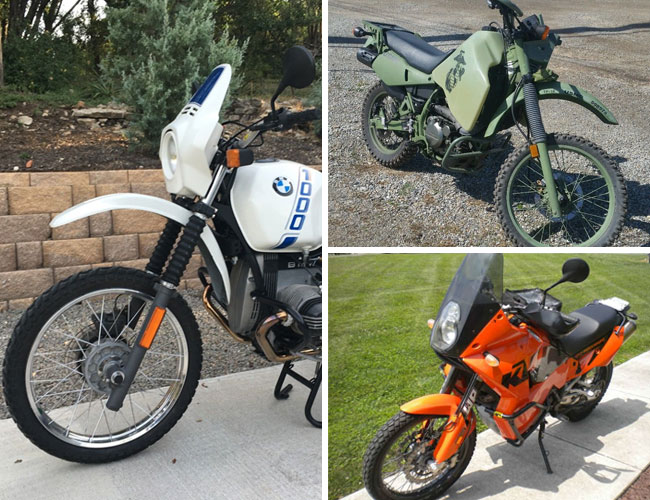
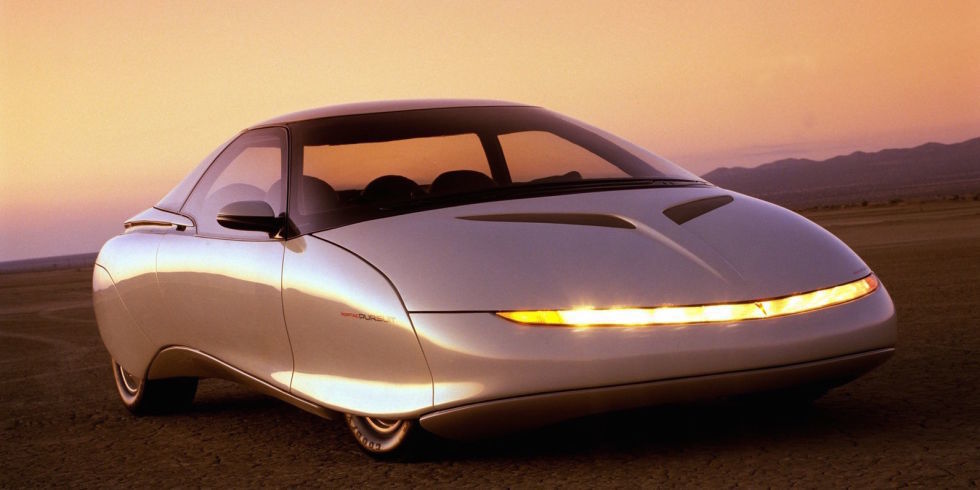
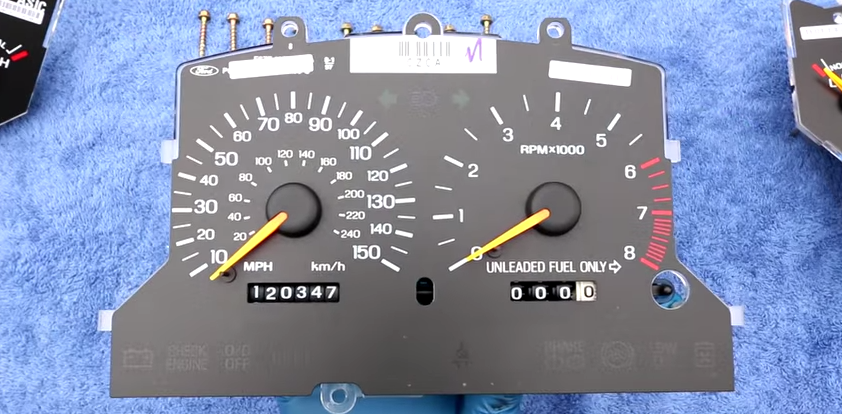
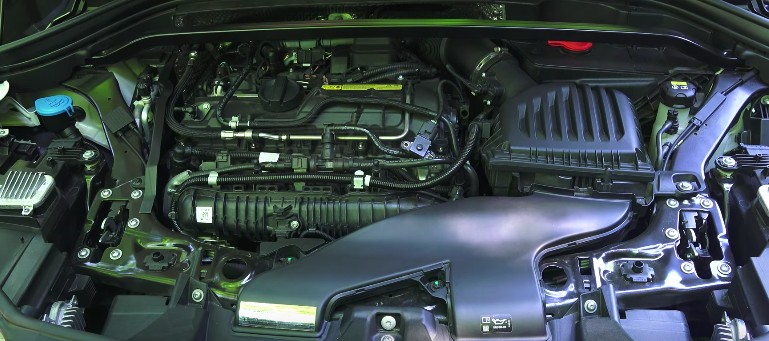
Recent Comments